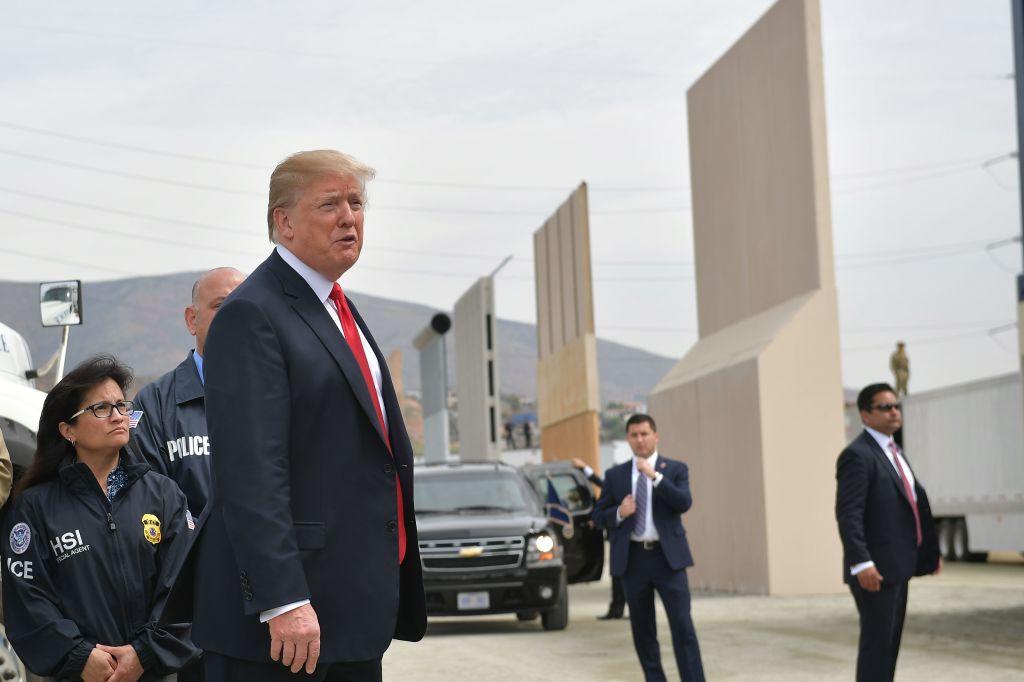WASHINGTON—Democrats ignored a veto threat and prepared to ram legislation through the House on Feb. 26, that would stymie President Donald Trump’s bid for billions of extra dollars for his border wall.
“I personally couldn’t handicap the outcome at this point,” said Senate Majority Leader Mitch McConnell [R-Ky.], who is planning a vote within the next three weeks.





